Where next for biking | MCN delves into what the upcoming general election could mean for motorcycling
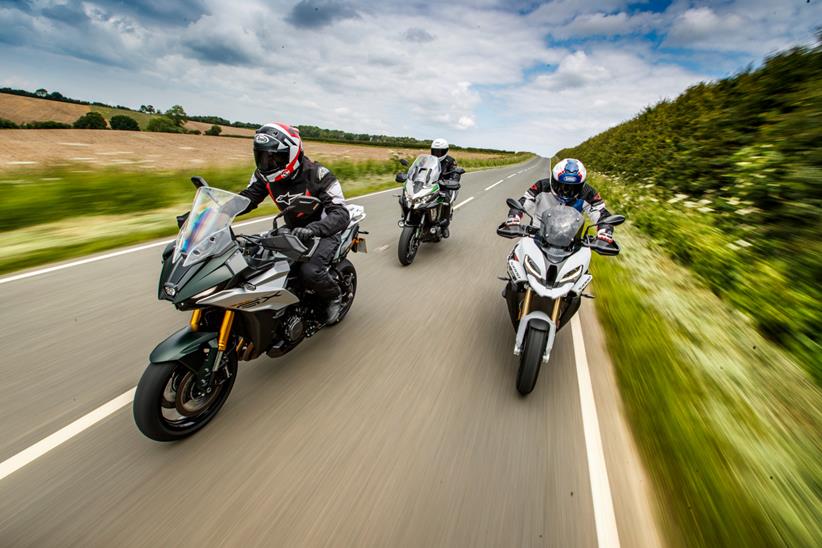
With a general election taking place on Thursday, July 4 to determine the next UK government, MCN has been looking into the promises laid out by key political parties to see how each could impact motorcyclists.
Political discussions surrounding bikes are nothing new, with the debate on the phase out of combustion engined two-wheelers already rumbling on for years and no officially sanctioned cut-off yet determined.
Ahead of parliament being dissolved on May 30, we had also previously heard ministers from both Conservative and Labour camps showing support to a reform of the UK motorcycle licencing structure, but this is all now on the back burner as prospective politicians canvass for votes.

According to the latest polls, Labour have the greatest chance of forming the next government following the July election, however plenty more movements have their own take on the future of transport.
Defending their seat
Of the political groups analysed, the Conservative and Unionist Party manifesto is the only document to specifically mention motorcycles.
“Following the recent consultation, we will allow motorcycles in all bus lanes and reform motorcycle licensing,” the 80-page document reads. On top of this, there is also a promise to reverse the ULEZ expansion to all London Boroughs, as well as ruling out a blanket 20mph speed limit across all Low Traffic Neighbourhoods (LTNs). No further smart motorways will be built, either.
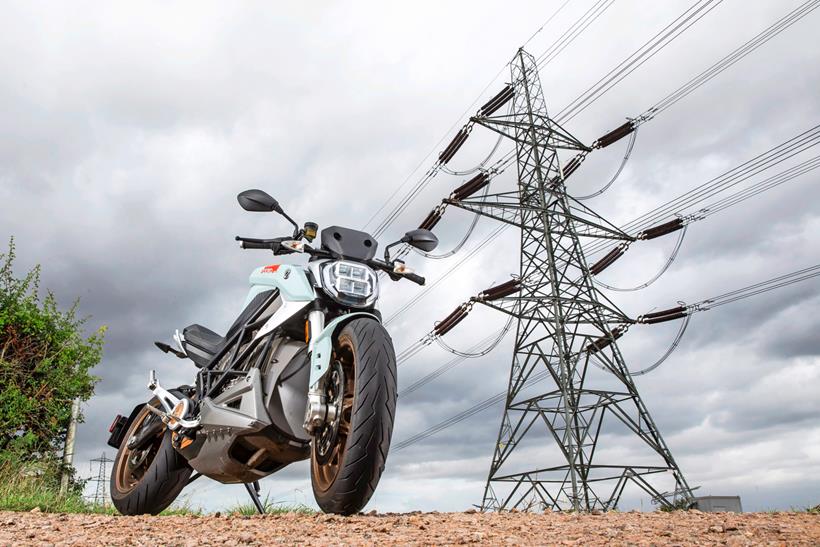
On top of this, other points include forcing petrol retailers to share their prices in a bid to give people a fairer cost on the forecourt.
This comes following an announcement to extend the sale of petrol and diesel cars to 2035, which was made by then Prime Minister Rishi Sunak on September 20 last year. Back in April of this year, the party also pledged £8.3billion to improving local transport routes too, following the reallocation of some funding taken from the HS2 project.
Labour promises
In contrast to this, Labour’s ‘Change’ manifesto pledges to restore the 2030 phase out of new combustion engined cars, although no mention of bikes is specifically made.
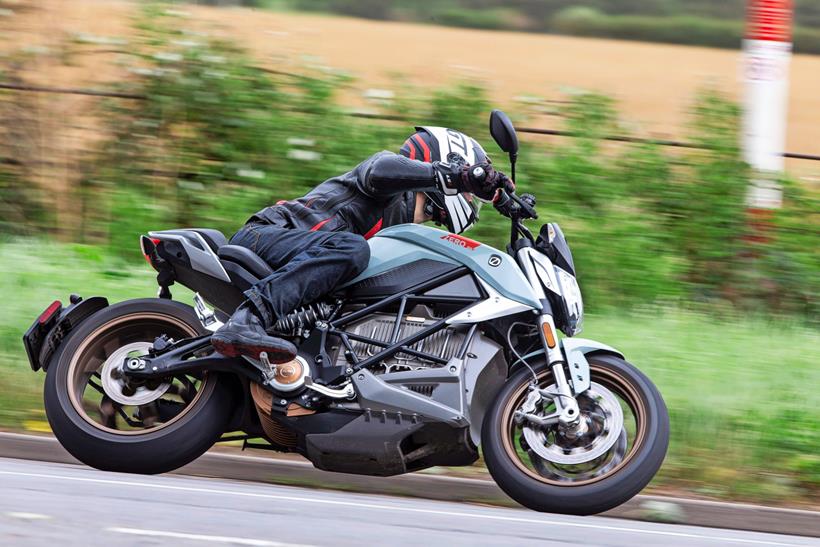
“Labour will maintain and renew our road network, to ensure it serves drivers, cyclists and other road users, remains safe, and tackles congestion,” the 136-page document states.
“We will fix an additional one million potholes across England in each year of the next parliament, funded by deferring the A27 bypass, which is poor value for money. Labour will further support drivers by tackling the soaring cost of car insurance.”
In a bid to boost the adoption of electric vehicles, Labour also plan to increase the rollout of electric vehicle charge points, as well as standardising the information used to describe the condition of batteries on the used market.
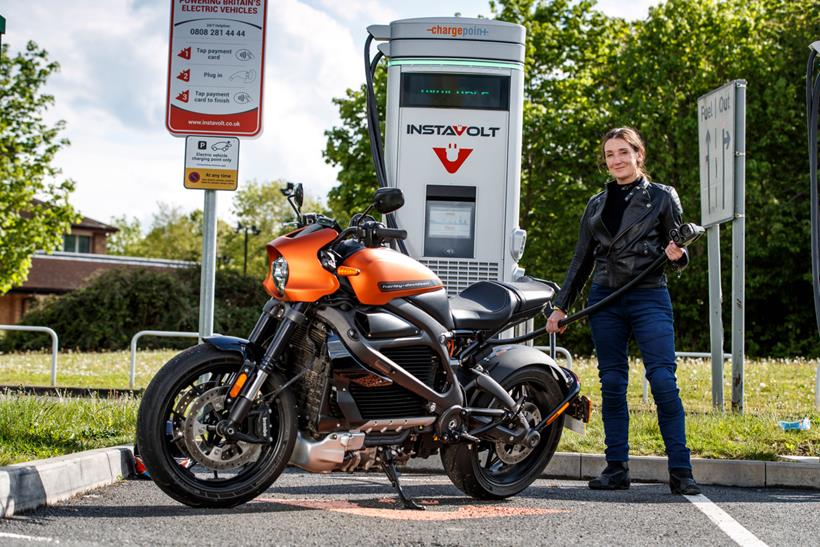
Other options
Like Labour, the Liberal Democrats make no specific mention of bikes, but would like to restore the 2030 cut-off date for the sale of new internal combustion cars and small vans. They also want to see the rollout of more vehicle chargers, and pledge to reintroduce a plug-in vehicle grant.
This currently remains for electric bikes costing up to £10,000 – giving up to 35% off the price, to a maximum value of £500. This figure has been criticised previously though for not benefitting large capacity battery two-wheelers.
On top of this, there are also pledges to give a larger slice of the roads budget to local councils, to maintain existing roads and repair potholes.
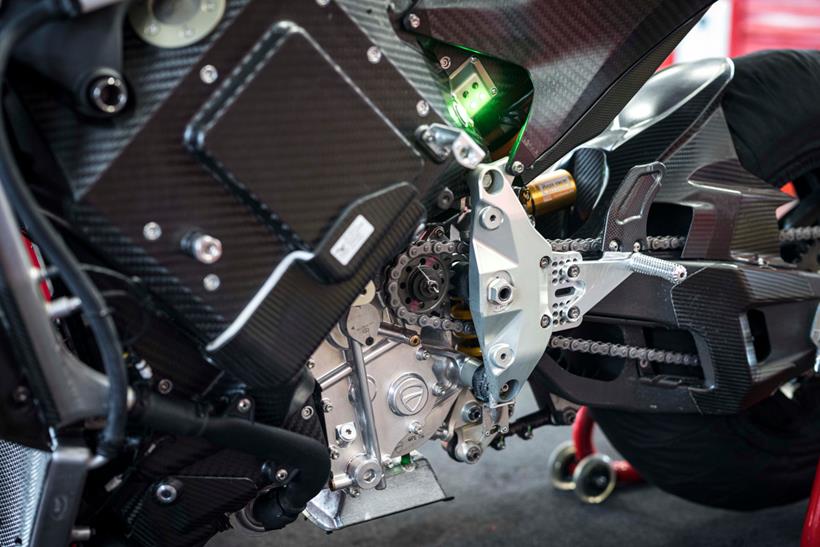
By contrast to this, there’s also Reform UK who want to see a ban on clean air zones and do away with any plans to scrap the sale of combustion cars and vans. Unless safety critical, 20mph zones would also go.
This is at complete odds with the Green Party, who confirmed to MCN directly that they would like to see the phase out of new combustion vehicles – including bikes – by 2027 and removed completely by 2035.
A spokesperson also confirmed there are no current plans for licence reform and added: “We are opposed to major new roads, but not to repairing and maintaining what we have, and we want them to see them made safer for two wheeled vehicles of all kinds, as well as pedestrians.”
Motorcycling manifestos launched
Alongside political parties pledging to make transport changes, a number of motorcycle industry groups have also released their own manifestos containing requests for the eventually elected government.
This includes the Motorcycle Industry Association (MCIA), who published their ‘Powered Light Vehicle Manifesto’ on May 30. The MCIA represent a large proportion of manufacturers in the UK and worked with members of the outgoing Conservative government in a bid to obtain a more ‘open source’ solution to net zero policy, as well licence reforms.
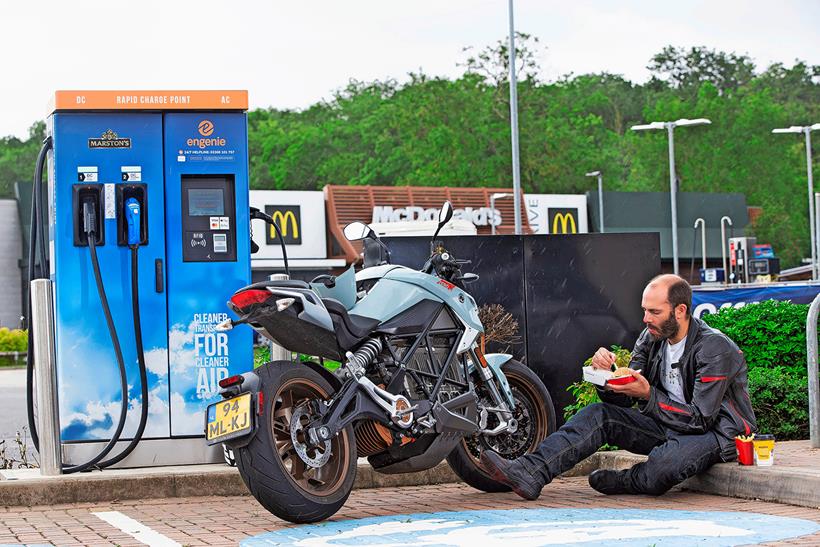
“The objective of the manifesto document is to set out all the things that we need a new government to consider,” MCIA CEO Tony Campbell told MCN. “It’s to bring the new government up to speed on the progress the industry’s made.”
The 11-page document can be read online and sets out five key points for the future. This again includes a hope for supportive decarbonisation policies using more than just electric as a solution, as well as a simplification of tests and training.
The National Motorcyclists Council (NMC) shares a similar sentiment with their eight-page ‘Motorcycling Matters’ manifesto, also seeking an open source approach to the future of two-wheeled propulsion.
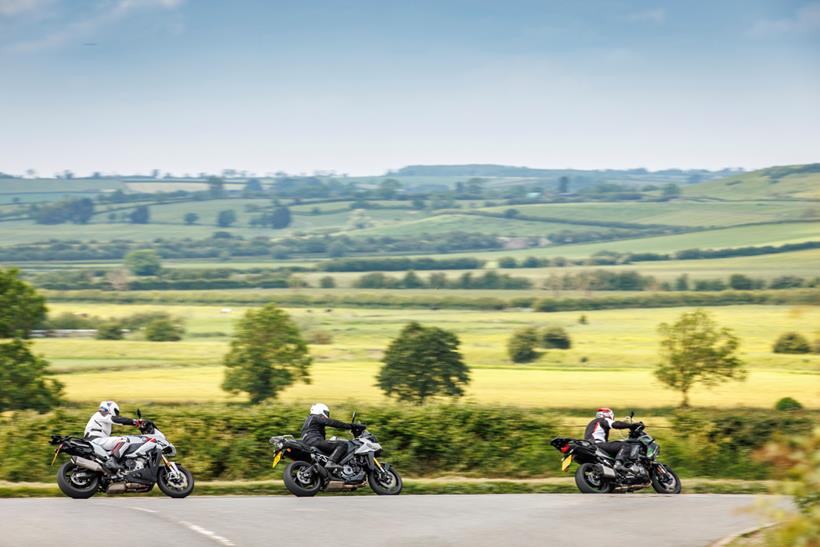
“Mopeds and motorcycles have an important transitional role to play in accelerating towards net zero and all political parties should embrace a variety of current and developing emissions reducing technologies, including e-fuels and hydrogen, so that rider choice can be maintained for a range of diverse journey types as decarbonisation progresses,” the document reads.
Other policies also include a greater celebration of motorcycle sport, greater efforts taken to tackle potholes, and revisions to the current licencing structure.
By contrast, the Motorcycle Action Group (MAG) launched their nine-page ‘Move on Motorcycling’ manifesto on May 13 and call on the next government to reverse all current plans to phase out combustion two-wheelers – citing the fact that UK bikers contribute just 0.4% of all UK transport CO2 emissions.








